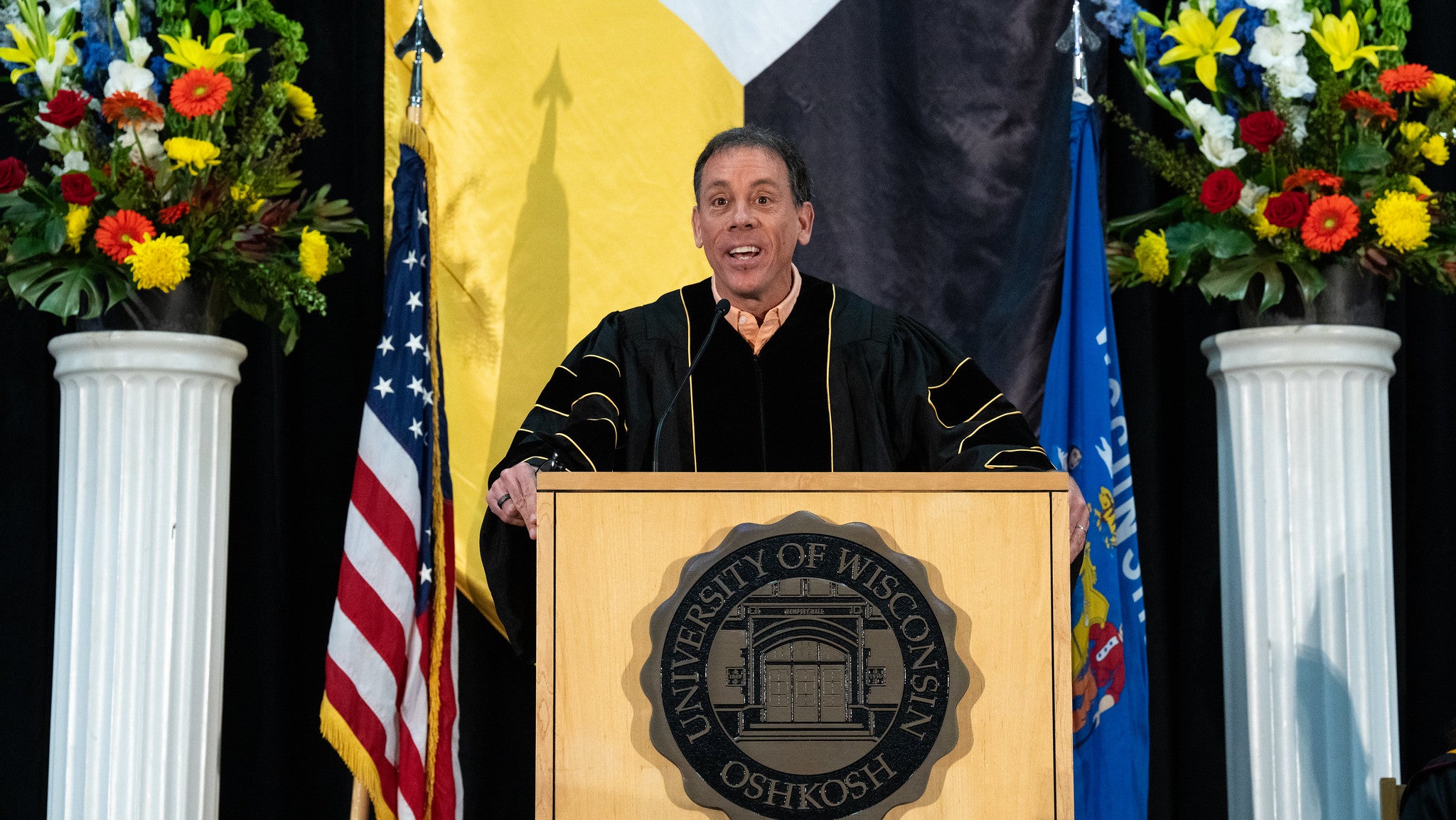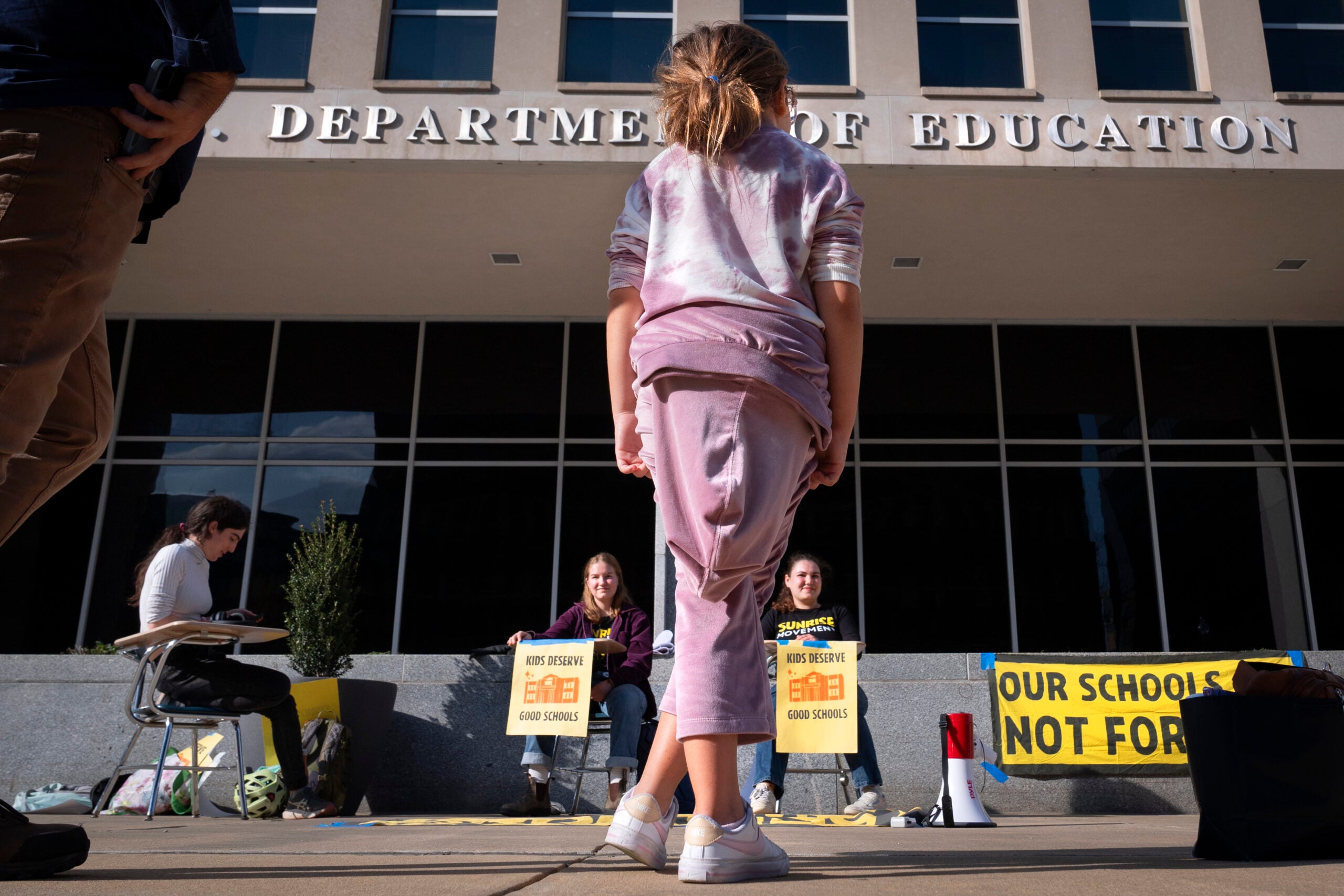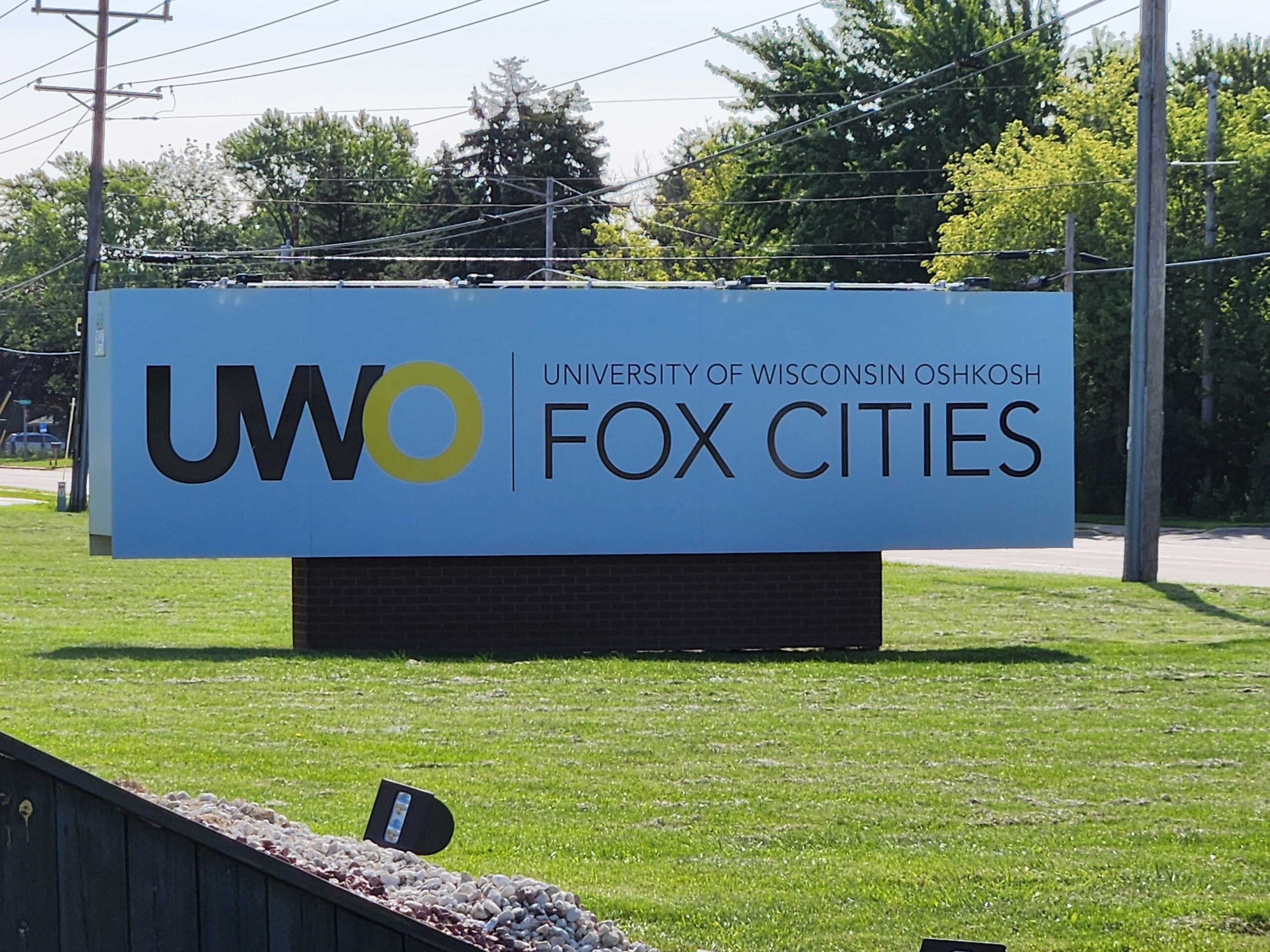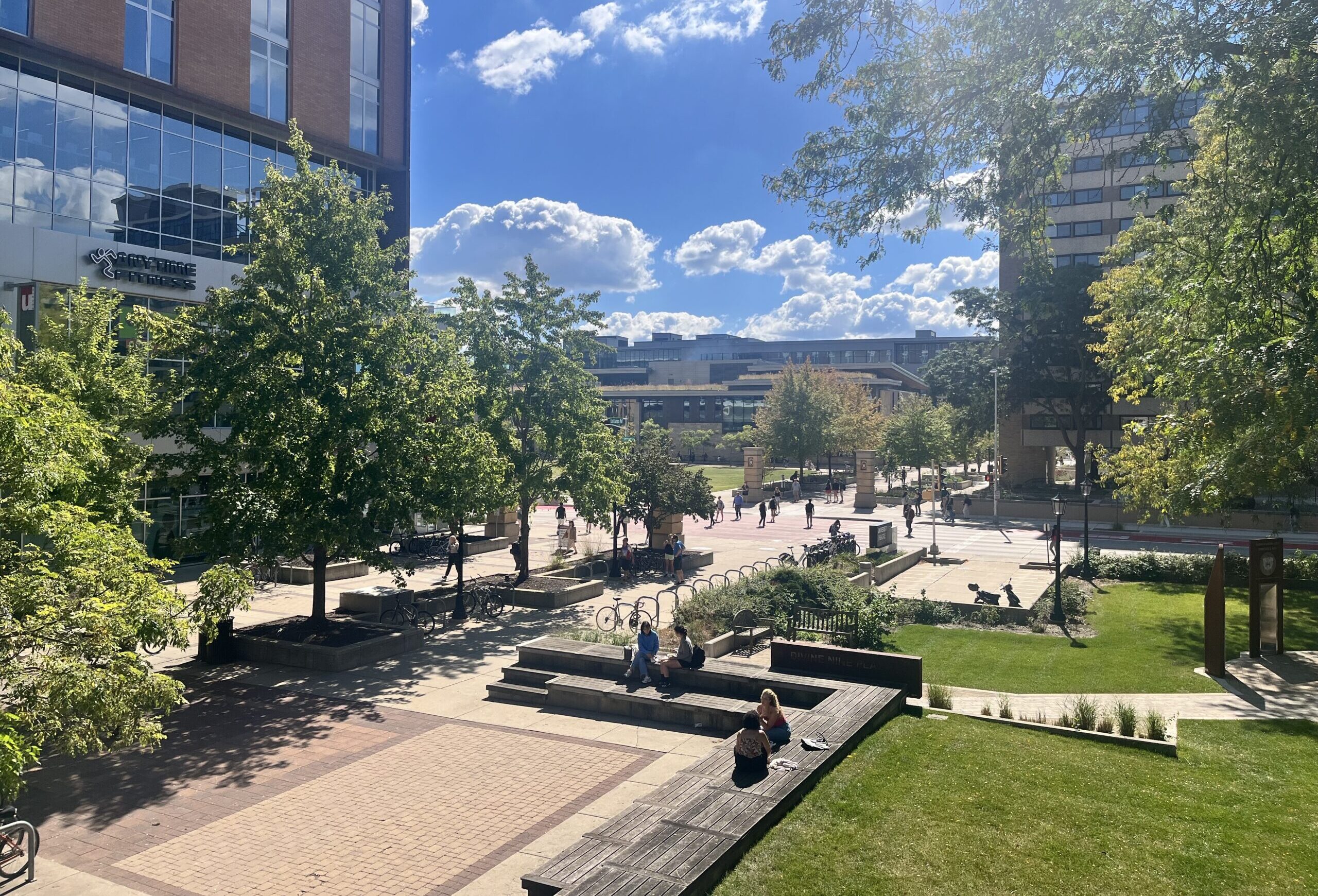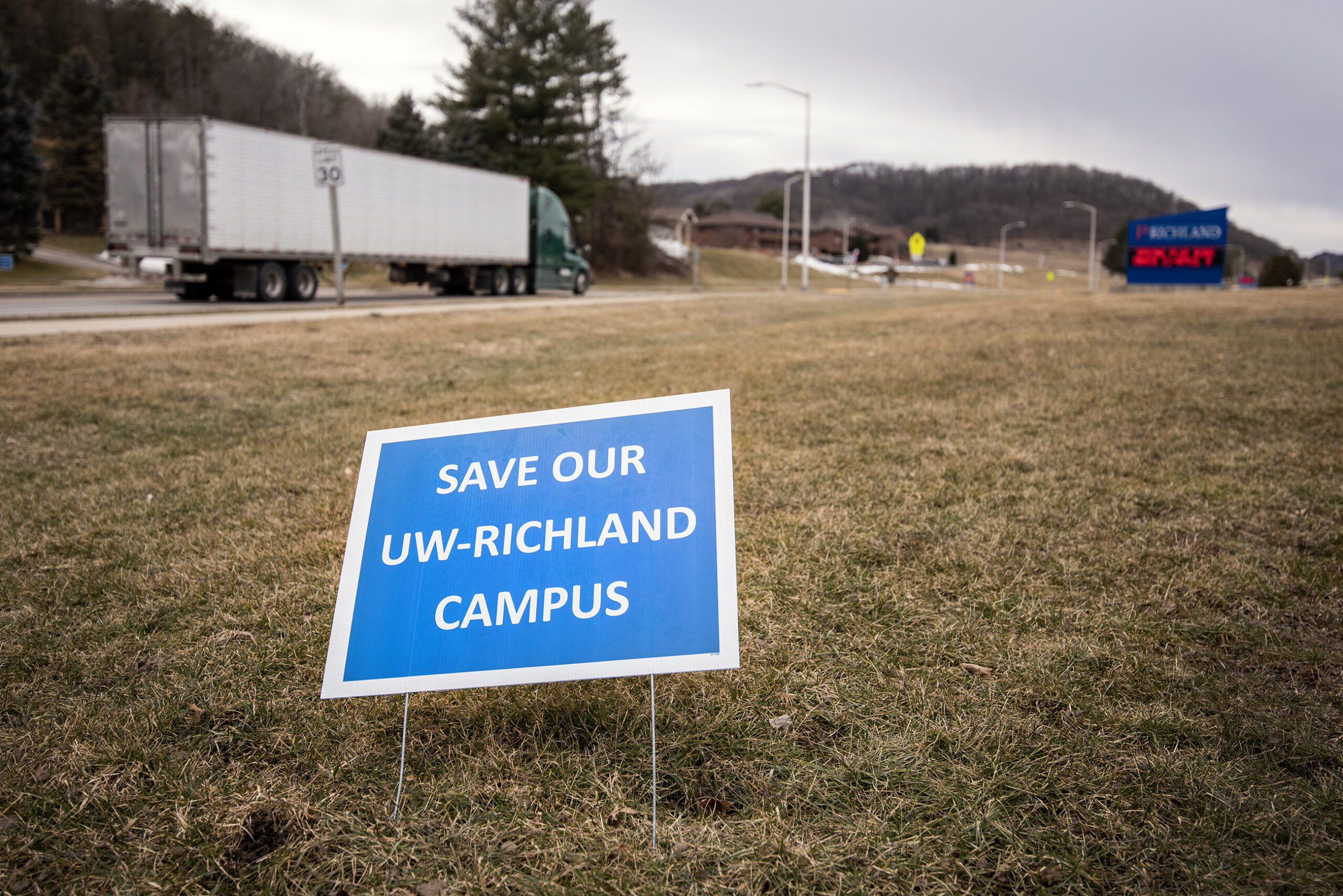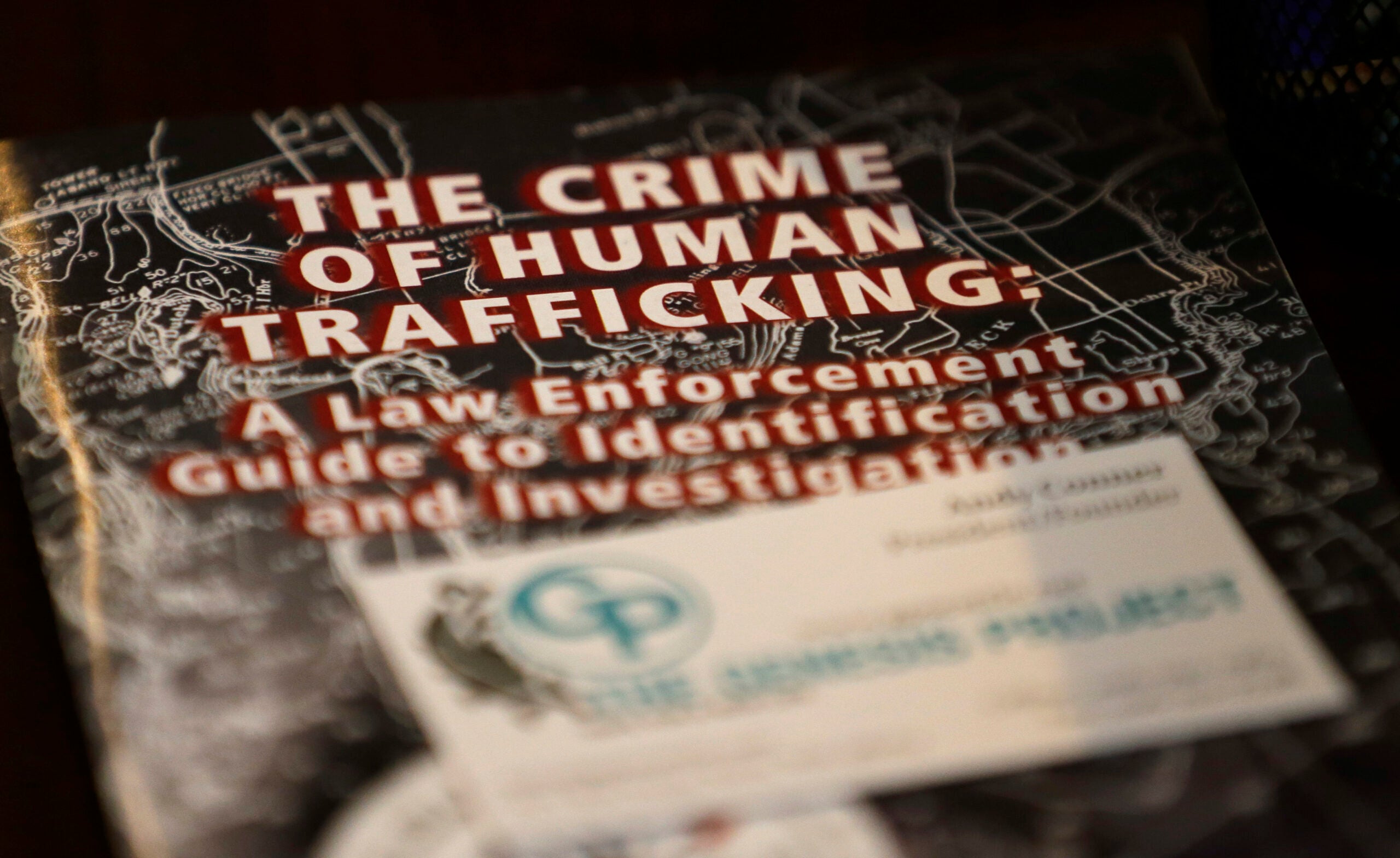Long before Jim VandeHei worked at The Wall Street Journal and The Washington Post, and before he co-founded media companies Politico and Axios, he interned at a small city newspaper between Oshkosh and Green Bay.
VandeHei wanted a summer internship in 1993. So, he took a list of Wisconsin newspapers and started calling in alphabetical order. Zane Zander from The Brillion News answered the phone and asked VandeHei if he could come to the paper that day.
VandeHei tried to explain that he had yet to take a college journalism class, though he had covered some sports for the Oshkosh Northwestern. But Zander cut him off.
Stay informed on the latest news
Sign up for WPR’s email newsletter.
“Will you run my newspaper?” Zander asked.
An editor was leaving for several weeks to go to Finland. Zander was desperate.
“I don’t think I’m the guy who should be running your newspaper,” VandeHei recalled saying. “I haven’t done anything.”
Zander taught VandeHei everything he could in a week: writing, photography, print layout, understanding an agriculture community. VandeHei would work 80 to 100 hours weekly and receive about $300, a rental car and housing in Zander’s cottage. VandeHei said the cottage sat next to a pond full of large-mouth bass, and the cottage’s refrigerator was always full of beer.
“I screwed up a lot of stuff early on but then learned a lot and really was on fire for journalism after that,” VandeHei said recently on WPR’s “Wisconsin Today.” “That doesn’t happen everywhere.”
VandeHei spoke to “Wisconsin Today” a few days after delivering a commencement address at the University of Wisconsin-Oshkosh, his alma mater and hometown college. VandeHei discussed the effects of his Wisconsin upbringing, life lessons he wants to share and his new book, “Just the Good Stuff.”
The following was edited for brevity and clarity.
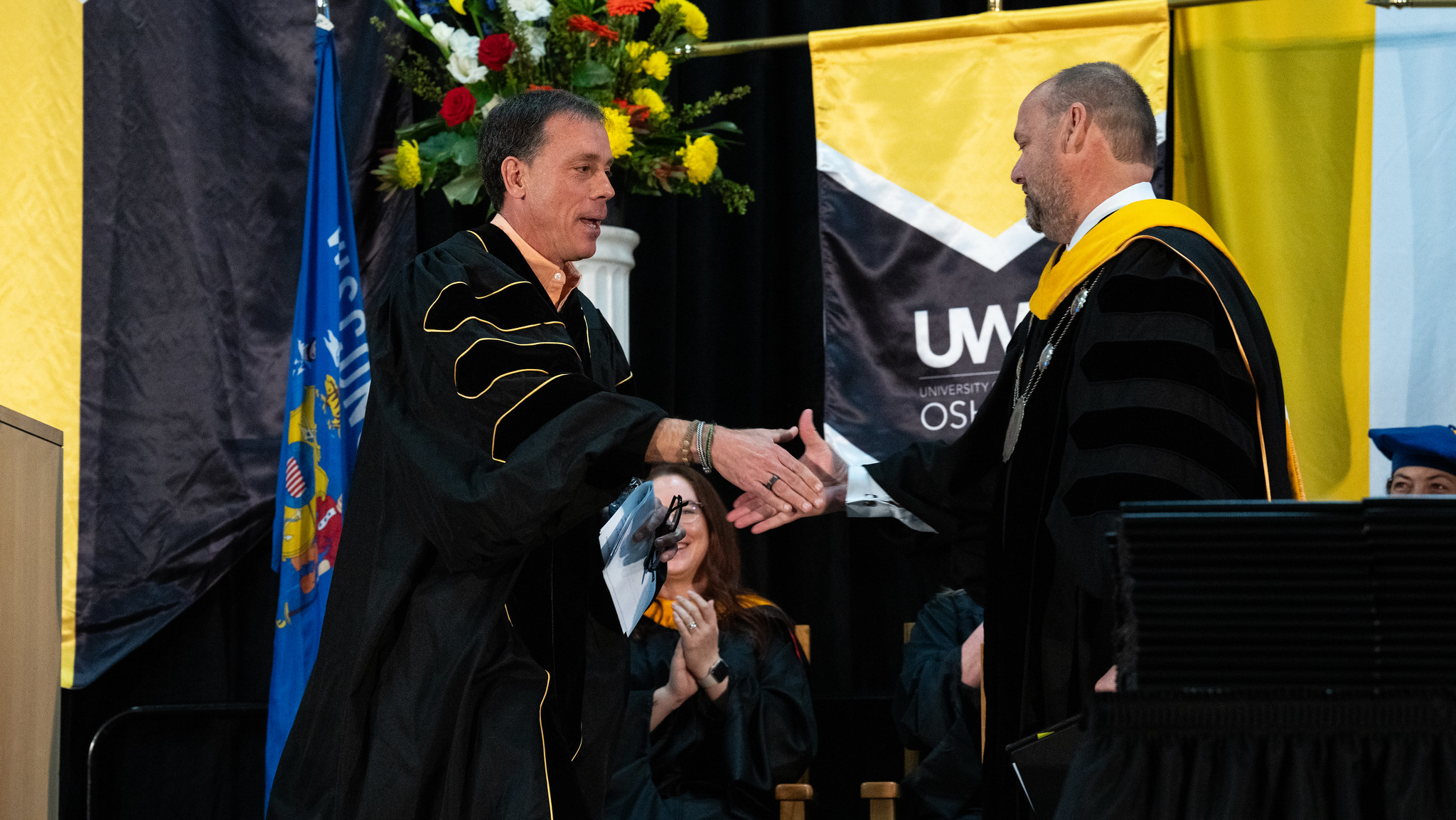
Rob Ferrett: A theme in your book and in your speech is finding the right people to inspire you. What have you learned about that over the years?
Jim VandeHei: Particularly as it relates to Wisconsin … just about the advantages of being from a small town and going to a smaller school. You just get this level of attention and individual affection from your professors that you might not get at other schools.
RF: You were not a rock star student. You squeaked into UW-Oshkosh after a couple years at a two-year school, UW-Menasha Extension. What were some of those academic years like?
JV: Charitably, I was a late bloomer. I was terrible in high school. I was a good partier, not necessarily good at academics. Graduated the bottom third of my high school class. I still vividly remember. I am scarred by going to see my guidance counselor. They hauled my parents in and said there’s no way this kid is going to college. I still went to a two-year college to get into UW-Oshkosh, where I still struggled until I found what I wanted to do. I found journalism. I found political science.
But a big part of writing the book and the reason I was really excited to go back and do the commencement addresses, I think there’s a lot of people out there who have a similar life trajectory. You think, “Well, I didn’t get great grades,” or “I didn’t come from privilege or money. Therefore, I can’t go be a surgeon, or I can’t go to New York and work on Wall Street or go to Washington, D.C. and work in politics.” My message is you sure as hell can. There’s nothing that is holding you back.
If that inspires one kid in Ripon or Manitowoc to say, “OK, I’m going to go do something I might not have otherwise done and had the courage to do it,” that would be cool.
RF: One bit of advice I loved, you also say to watch for people in your workplace who are terrible or toxic in some way. See what they do and do the opposite. Why do you say that?
JV: A big part of it is being open eyed, watching what other people do. Don’t be so self-indulgent that you’re not paying attention to the people around the table. When you start to pay attention, you see the attributes in people that are magnetic.
The flip side of that is when you see people who are talking behind other people’s back, or they’re being deceitful, or they’re cutting corners, or they’re trying to knock someone off so they can get ahead. It’s repulsive. When you see that and you’re repulsed by it, you should know that’s not the type of person that you want to be.
One of the reasons I’ve encouraged my children to play a lot of poker is it forces you to interact with different people from different lots of life. It forces you to read other people around the table. It forces you to be able to control your own impulses. It forces you to know when to go big or to get out of the game.
Attributes like that helped me better understand people. In some ways, it’s a way to teach yourself emotional intelligence. Forget the raw firepower of intellectual intelligence. Emotional intelligence, reading people and reading between the lines.
Wisconsin Public Radio, © Copyright 2025, Board of Regents of the University of Wisconsin System and Wisconsin Educational Communications Board.
